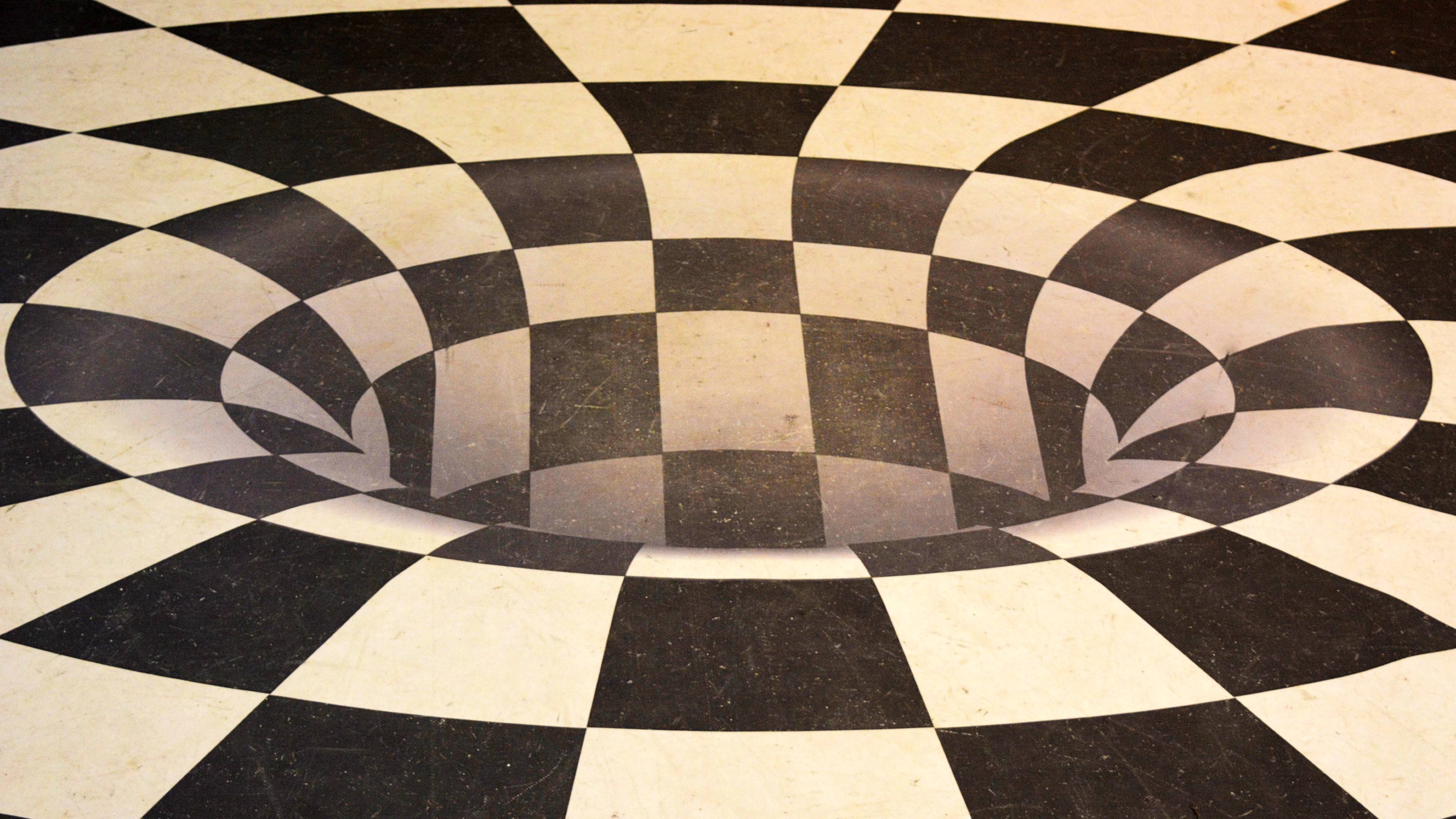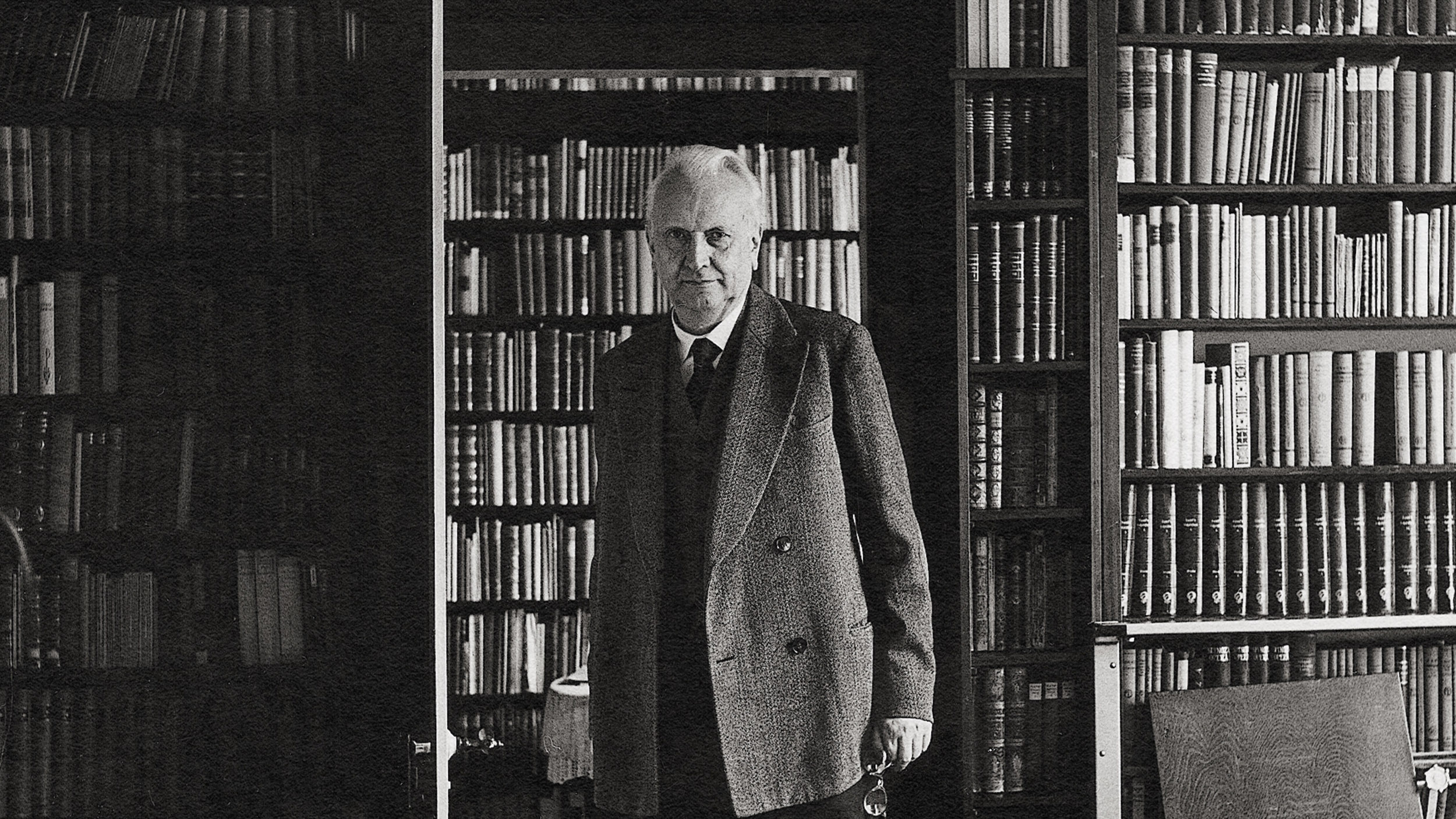Can monkeys reason about what’s going on inside others’ heads? To find out, Dr. Laurie Santos placed them in a position to trick human researchers.
Question: What has your research revealed about primate “theory of mind”?
rnLaurie Santos: Yeah, so one of the things we’re interested in studying the monkeys for is because we want to see do they have the kinds of cognitive capacities that we have as humans that we’re really proud of, and one of these things is what we call a theory of mind. It’s complicated term but what it really just means is the fact that we look out in the world and watch human behavior; we don’t see just behavior, we see all these things going on inside the head so we see other people’s beliefs, their intentions, their desires, that’s how we kind of make sense of the world. It’s a hard problem from a psychology perspective because we can’t see any of that stuff directly. We’re making all these kind of crazy inferences about what’s going on in other’s heads. So lots of researches have wondered do other animals do this. Can they go beyond what they see and actually infer other things? The way we’ve tried to get at this is a little bit tricky. We’ve said, well, what are the contacts in which other species might use a theory of mind of they had them, and the sad thing is that if you think about evolution, usually the way other species might use a theory of mind is actually to outcompete others, to deceive others, to do kind of slightly dastardly things with of what they know about others beliefs and intentions. So we set up a big series of studies at the field sight to actually see the monkeys know when it’s a good time to deceive us. In other words, do they pay attention to what we can and what we know? So the experiment’s pretty simple, we set up a human who has some treat that the monkeys might like, like a piece of grape, and we just vary whether the human can see the grape, and so he’s either facing or he’s turned around and there’s a barrier in front of his face, and what we do is just ask, you know, does a monkey subject try to steal it? And what we find is, surprisingly, the monkeys use pretty much the same cues that humans use to decide when somebody can see them, so they don’t steal a grape if somebody’s facing forward, but they do if somebody’s turned to the side or looking away, so they’re very good cheats and thieves, but in showing that they’re good cheats and thieves we’ve actually been able to see they have some aspects of our own theory of mind.
Recorded on January 26, 2010
Interviewed by Austin Allen






